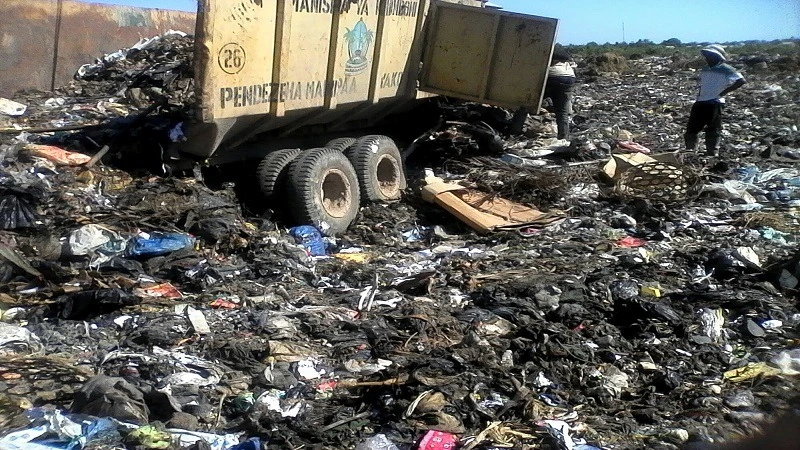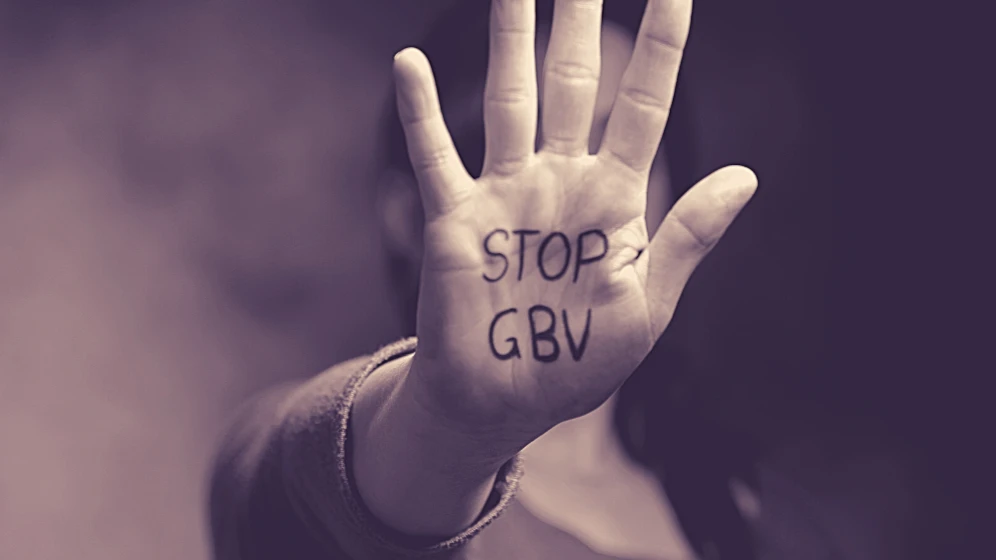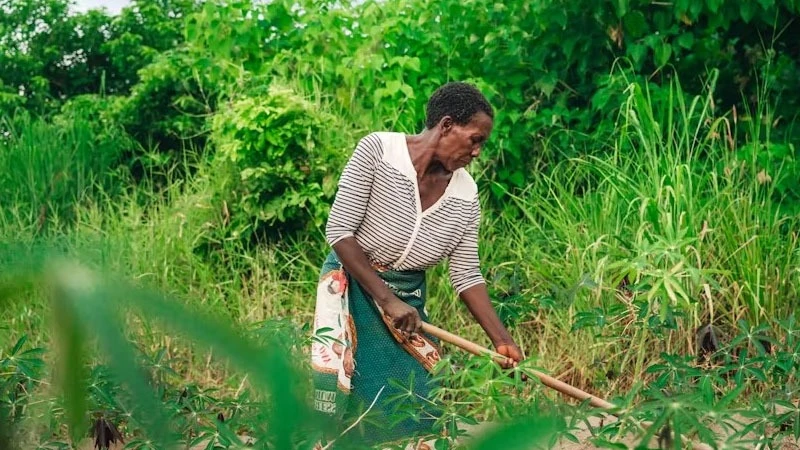These mental health reports are of much concern indeed

REPORTS that Zanzibar has been grappling with a rise in the incidence of mental illness cases for several years now point to a setback for all those who habitually think of development as a smooth situation of rising expectations.
As media activity has plenty to do with public or state activities, and not nearly enough with what is happening to individuals or families, ‘mental health stock taking’ will have come up as a shock.
The mental health coordinator with the Zanzibar’s Health ministry says that there are now more than 5,000 mental disease patients in the Isles. The fact that those involved aren’t just youths but even children implies rather complex causes.
While it is often easy to focus on social conditions like unemployment as explaining the situation, this time this doesn’t appear to fit the bill.
The coordinator indicated that in 2021 there were 132 mental patients while last year the number of new patients reached 1,039 in total.
While key officials complained of relevant data being insufficient, ordinarily that simply means that the situation is likely to be worse than the immediate picture from the centrally based mental diseases hospital.
A broader explanation as given by the official was that the increase in young mental patients had links to the use of illicit drugs, mental stress and frequent breakdowns of romantic relationships.
Going by the official’s remarks, there precious little can be done on the ground as a remedial measure except for the fact that the community was now gaining awareness on the need to take the patients to hospital.
It is reported that the Zanzibar Health ministry has been making efforts to provide mental health education and increase the number of service providers.
The personnel include advisers often for those seeking support or assistance of various kinds, among them those hauled before law-enforcement organs and found to have mental health challenges.
It must be admitted that such situation, once it has set in, turns into an internal cycle if a family were to throw out such a person.
In other words, youths and even children then move from being individuals on whom families can depend to complement the pursuit of sustenance, especially in the often too frequent situation of lack of a providing father, to a burden.
Such burdens are not experienced only in relation to meals or shelter, as they can often find a few coins for other needs and often it is in that sort of pursuit that traps unfold to join bhang-smoking groups or worse forms of drug dependency.
Too often youths hooked on drugs, even if they aren’t yet violent, would end up easily stealing anything to sell for a coin.
Similar remarks elicited on the issue indicate that the World Health Organisation sees the incidence of anxiety and major depressive disorder as having risen to 28 per cent of inhabitants globally.
Just less than one-third of the population face mental disorders whose explanation isn’t drugs but unemployment and lack of a viable social welfare net.
While policy is pegged to seeking out a cluster of needy families to assist each year, the real challenge is getting maturing youths into gainful engagement, or fixed safety net income.
Only with a vast reduction of the public sector, hopefully only to regulatory roles, will Africa and other income-deprived zones get enough taxes for universal monthly allowances or a whole third of the youth will be disabled socially for lack of dignity.
That would likely lead to even greater drug dependency and enhanced ostracism, with things thus growing from bad to worse.
Top Headlines
© 2024 IPPMEDIA.COM. ALL RIGHTS RESERVED

















